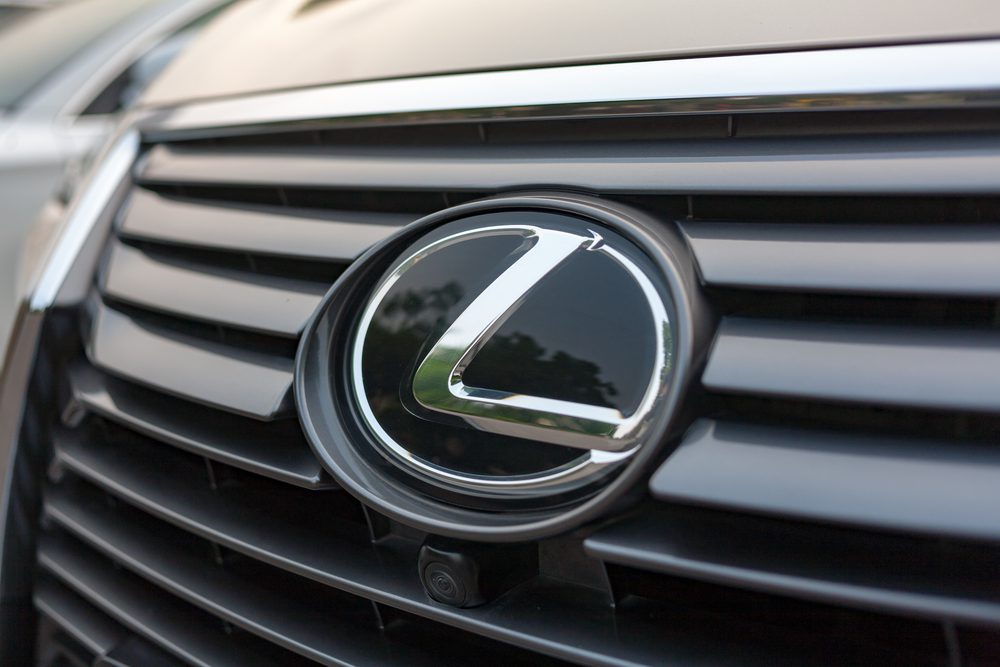Details of the 2021 J.D. Power U.S. Vehicle Dependability Study were released on Thursday, and the results are largely positive. Overall, the customer survey shows that fewer issues are being experienced during the third year of ownership, leading to a more positive ownership lifecycle.
From nearly 34,000 survey respondents, the vehicle issues reported declined by 10% year over year. The 2020 rate of problems per 100 vehicles (PP100) was 134 PP100 industry-wide, dropping to just 121 PP100 in the 2021 study.
The study also draws a direct correlation to results in the 2018 U.S. Initial Quality Study which, at the time, demonstrated the highest level of quality reported. Of the top ten brands in the Initial Quality Study, six made the top-ten list in the Vehicle Dependability Study as well, showing long-term dependability.
Vice president of global automotive at J.D. Power, Dave Sargent, said, “The study results validate what we have known for some time. Automakers are making increasingly dependable vehicles—but there are still some problem areas that need to be addressed and some warning signs on the horizon.”
Trucks and SUVs have higher problem rates
Passenger cars have the lowest rate of issues in the 2021 study, as usual, dropping to just 111 PP100 this year. However, trucks and SUVs have a higher rate of concerns, with SUVs accounting for 122 PP100 and pickups averaging 130 PP100. Since trucks and SUVs make up the overwhelming majority of sales, these are certainly areas for improvement.
The comparative elevation in problem rates for trucks and SUVs could be part of the customer loyalty issue in the auto industry, even as the benchmark keeps getting higher.
“Today’s three-year-old vehicles are of higher quality and more dependable than in previous years,” Sargent said. “Most owners aren’t experiencing their vehicles breaking down or falling apart but, for many, vehicle technology continues to function poorly or inconsistently. If an owner can’t rely on a system to work as they expect, it is also considered a lack of dependability. It affects their overall view of the vehicle and their likelihood of staying loyal to their automaker. In the future, dependability will partially be determined by the ability to solve problems through vehicle updates and the avoidance of technology obsolescence.”
Breaking down the most dependable brands
Of the top performers in this year’s study, only four have rates below 100 PP100: Lexus (81 PP100), Porsche (86 PP100), Kia (97 PP100), and Toyota (98 PP100). Aside from Chevrolet, the brands occupying positions above the industry average are all import brands or highline/luxury brands.
It also shows that, regardless which brand a customer chooses, they can realistically expect at least one problem in the third year of ownership that requires a visit to the dealership. While that may seem like a small issue, it’s one that leaves a mark when the vehicle warranty is set to expire and the customer achieves an equity position and could be ready for a trade-in.
“The insights uncovered about vehicle dependability are valuable not only to automakers but to car shoppers,” said Tanya Parkes, vice president of the consumer division at J.D. Power.
The 2021 Vehicle Dependability Study is a tool that many car shoppers will use to narrow down the models on their short list prior to purchase. For dealers with nameplates that achieved above industry average, advertising the brand success can help solidify a shopper’s comfort with the car they’re inquiring about. These types of third-party, arm’s-length studies can bolster a dealer’s reputation and sales.
Did you enjoy this article from Jason Unrau? Read other articles on CBT News here. Please share your thoughts, comments, or questions regarding this topic at newsroom@cbtnews.com.
Be sure to follow us on Facebook and Twitter to stay up to date or catch-up on all of our podcasts on demand.

While you’re here, don’t forget to subscribe to our email newsletter for all the latest auto industry news from CBT News.







